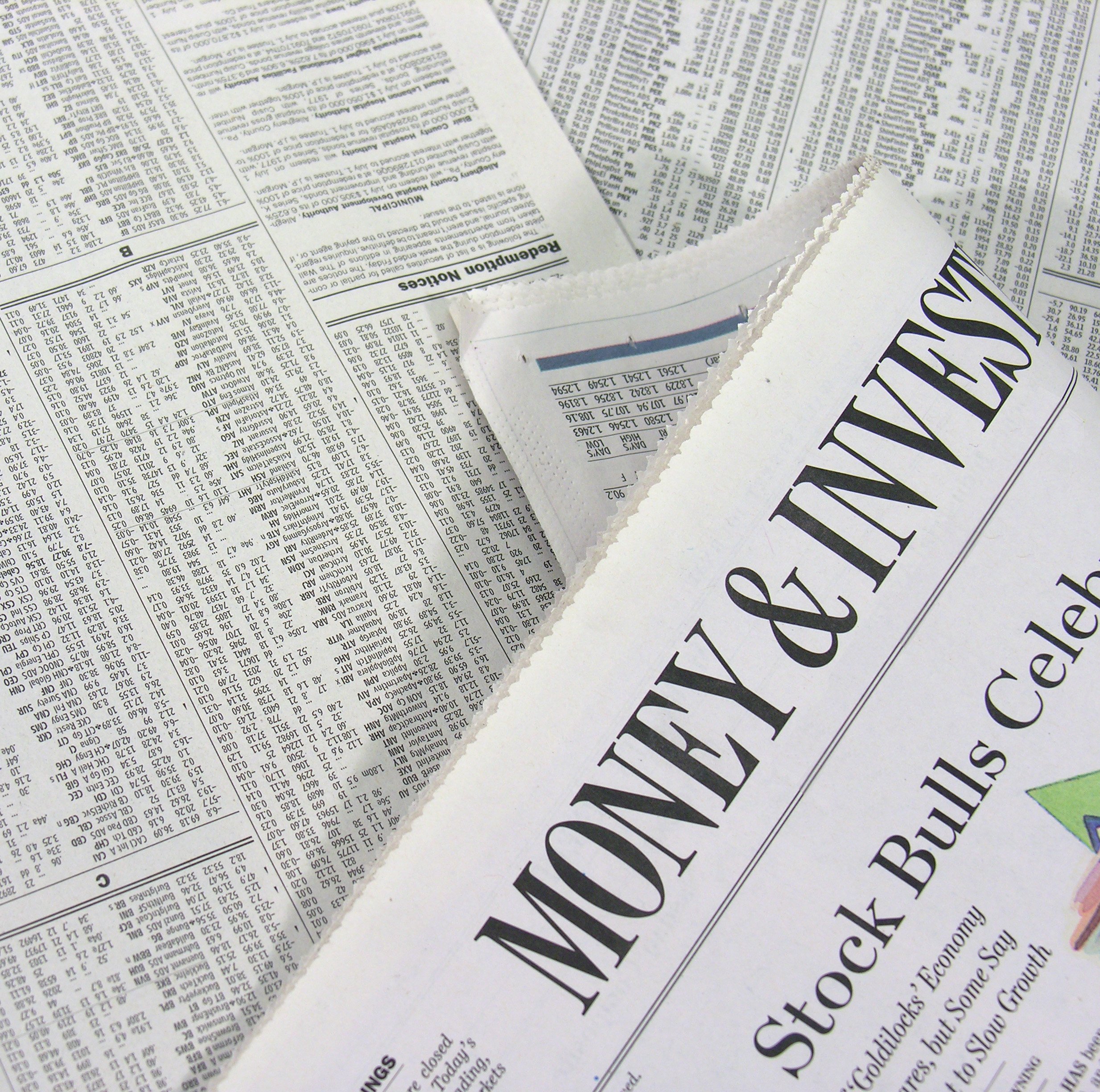The Stock Market This Week: September 21-25
The Stock Market This Week: September 21-25
By: Stacey Nickens
- Fear and uncertainty were the name of the game this week. Between Justice Ruth Bader Ginsburg’s death, rising COVID infection rates in certain areas, and other concerning news, the market struggled to maintain optimism. Tech stocks also continued to prove their large market influence. On Tuesday, Apple dragged the market up and down, a trend that continued on Wednesday when UBS downgraded Apple stock. On Friday, major tech stocks (including Apple and Microsoft) helped major indexes make gains in daily trading.
- Several financial institutions came under scrutiny this week. Reports surfaced that several banks, including JPMorgan Chase and Deutsche Bank, allowed illicit funds through their doors despite warning signs. On Wednesday, Bloomberg reported that JPMorgan Chase would face a $1 billion fine for market manipulation charges. However, later in the week, some financial stocks got a boost from analysts. Goldman Sachs was upgraded to Buy by UBS, and Robert B. Baird added Wells Fargo to their Fresh Pick List.
- Fed officials continued to reiterate the need for fiscal stimulus in order to aid economic recovery. Their comments hurt the market’s performance on Wednesday.
- The labor market continued to struggle as jobless claims increased to 870,000.
On Monday, all major indexes fell due to political, economic, and health uncertainties. The S&P 500 fell 1.2%. The index fell into correction territory at one point in the day; however, a strong performance from the technology sector helped the S&P 500 regain some of its losses. For similar reasons, the Nasdaq only lost 0.1%. The Dow Jones was down 1.8%. The market struggled following news of Justice Ruth Bader Ginsburg’s death, adding to the uncertainty already plaguing Washington. The Chinese government also contributed to trade uncertainty by updating their trade blacklist, and increasing COVID cases in Europe added to health uncertainties. The financial sector was down 2.5% following reports of illicit funds traveling through major banks, including JPMorgan Chase and Deutsche Bank. Other cyclical sectors were also down, including industrials, materials, and energy. In individual company news, Oracle and Walmart’s stocks were up following their TikTok acquisition being approved by the Trump administration. Microsoft stock rose following the announcement of their ZeniMax Media acquisition.
On Tuesday, major indexes rose as mega-caps rallied. The S&P 500 added 1.1%. The Nasdaq gained 1.7%, and the Dow Jones rose 0.5%. Both Amazon and Nike contributed to substantial gains in the consumer discretionary sector. Nike stock rose ahead of their earnings report, and Amazon stock was up 5.7% after Bernstein upgraded their stock to Outperform from Market Perform. However, another mega-cap, Apple, seemed to a more influential driver in the market today. When Apple stock fell in the morning, the S&P 500 tumbled into negative territory; however, as Apple stock rebounded, so did the index. The communication services, information technology, real estate, and industrial sectors also made gains today. Energy, financials, and health care finished in the negative. In other news, Fed Chair Jerome Powell testified before Congress on the CARES Act, and August home sales were up 2.4% m/m.
On Wednesday, major indexes began the day in positive territory. The market swung upwards on the back of positive vaccine news and earnings results. Johnson & Johnson entered Phase 3 for their COVID-19 vaccine trials, and Nike reported impressive quarterly earnings. However, a sell off began in the afternoon without much enthusiasm to buy the dip. The sell of may have been partially triggered by various Fed officials pushing Congress to pass more fiscal stimulus in order to spur economic recovery. Along those lines, the House was able to pass a government funding bill that would last through December 11. The Senate is expected to approve the bill later in the week. Despite this good news, the S&P 500 dropped 2.4% by close. The Nasdaq tumbled 3%, and the Dow Jones lost 1.9%. All 11 S&P 500 sectors finished in the negative, with the sharpest losses seen in the energy sector. Shares in both Apple and Tesla dropped in daily trading. Investors seemed unimpressed by Tesla’s Battery Day, and UBS downgraded its rating on Apple from Buy to Neutral. In other company news, Bloomberg reported that JPMorgan Chase will face a $1 billion fine for market manipulation charges.
On Thursday, a buy-the-dip mindset helped major indexes finish in positive territory. The S&P 500 gained 0.3%. The Nasdaq added 0.4%, and the Dow Jones climbed 0.2%. Ten of the 11 S&P 500 sectors finished in positive territory, with health care be the lone standout. In economic news, jobless claims remained high for the week ending in September 19. Jobless claims increased by 4,000 to 870,000. However, positive housing news came out that showed home sales in August reached a seasonally adjusted annual rate of 1.011 million. This is the first time since November 2006 that home sales exceeded a seasonally adjusted annual rate of 1 million. Finally, some financial institutions got good news today. UBS upgraded Goldman Sachs stock to a Buy, and Wells Fargo stock made the Fresh Pick List by Robert W. Baird.
On Friday, major indexes continued their upward trajectory with the help of tech stocks. The S&P 500 rose 1.6%. The Nasdaq gained 2.3%, and the Dow Jone added 1.3%. While the session was mixed, strong performances by Apple, Microsoft, and NVIDIA helped ten of the 11 sectors finish in positive territory. Only energy fell slightly, dropping 0.1%. In economic news, durable goods orders increase in August. The report showed that the manufacturing sector continues to recover despite the fact that total orders are still down 11.3% year-over-year.
Check back daily for updates. For more information on stock market performance this week, subscribe to ELM3’s Weekly Market Update.







